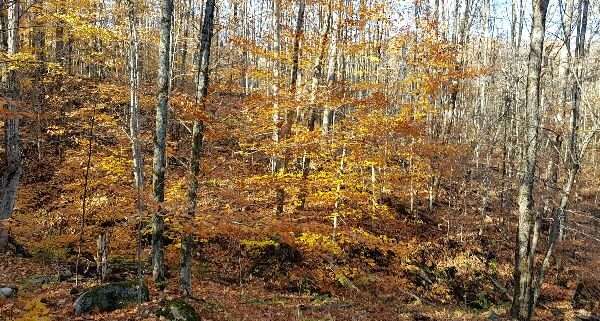Take a walk on the wild side. Forest Bathing – Shinrin-yoku – Bains de forêt
So much has been written on this topic it is hard to know where to begin. Let us start by the definition and what forest bathing is NOT.
As you can surmise from the name Shinrin-yoku is a Japanese term which was coined in 1982 by the Japanese Ministry of Agriculture, Forestry and Fisheries to describe humans making contact with nature or bathing in the forest atmosphere, in order to reduce stress and to connect with the natural healing properties of nature. Strictly speaking immersing your senses in the forest, Shinrin means forest and yoku means bathing.
The mid to late 1980’s in Japan was a time of economic boom and high stress in an overworked population where an average work week of 60 hours was not unusual. The alarm bell sounded as more and more people became sick or died from over work and stress. They were living the first urban stress epidemic in the world. The Japanese health authorities didn’t know what to do so they began to look at research about nature and its health benefits and from this developed a practice called Shinrin-yoku.
Forest bathing is not hiking. In fact you may only walk 500 meters or less while practicing. You can do it on your own or with a group. It is advised to start with a guide who can teach you to understand what it is to connect with nature and how to use your senses to find the active ingredients in nature.
The effects of stress, burnout and other widely felt health problems have been increasing and hit a new proportion as a result of the pandemic. The Massawippi Conservation Trust saw a huge increase in the number of people who sought out the Massawippi Trail as a means to relieve their stress.
Forest Bathing can be a de-stressor. The practice encourages connecting to nature through our senses. Leaving your phone, schedule and fitness regimen behind you can restore your health and begin to recover from both physiological stress and cognitive stress.
There are many research papers and books about the topic. Dr. Qing Li is a recognized leader in forest medicine. He is medical doctor at Tokyo’s Nippon Medical School and is a founding member and chairman of the Japanese Society for Forest Medicine, a leading member of the Task Force of Forests and Human Health, and the vice president and secretary general of the International Society of Nature and Forest Medicine.
You might want to start your research by reading his book published in 2018:
FOREST BATHING: How Trees Can Help You Find Health and Happiness
As quoted from La Presse1 and reprinted here in translation:
SYLVOTHERAPY
THE FOREST AGAINST STRESS
For Dr Qing Li, author of the book Shinrin-Yoku, the art and science of forest bathing, it is therefore necessary for city dwellers to be able to recharge their batteries by going for a walk in nature. He advises spending at least two hours in the forest (20 minutes would already be beneficial) walking, aimlessly, without a smartphone, enjoying the trees, their natural smells and essences, their colours, the birdsong, the soothing landscape and the sounds of nature. It’s not about jogging or exercise, “but simply being in touch with nature, soaking up the forest through our five senses and reconnecting with it,” says Dr Qing Li.
PROMOTING RELAXATION
In this book, Dr Qing Li, an immunologist at the Department of Hygiene and Public Health at Tokyo Medical University, shares his research on the links between forests and health. Since 2003, research has shown that forest bathing can strengthen the immune system, reduce anxiety, depression and anger, give energy, reduce blood pressure and stress, and promote relaxation,” he says. Forest bathing also improves concentration and memory, cardiovascular function and metabolism, lowers blood sugar levels and increases protein production against cancer. “
Below is a brief list to Forest Bathing papers, articles and websites to help you discover more about Forest Bathing.
https://pubmed.ncbi.nlm.nih.gov/31210473/
[Effect of forest bathing (shinrin-yoku) on human health: A review of the literature]
https://pubmed.ncbi.nlm.nih.gov/19568835/
The physiological effects of Shinrin-yoku (taking in the forest atmosphere or forest bathing): evidence from field experiments in 24 forests across Japan.
https://time.com/5259602/japanese-forest-bathing/
http://www.shinrin-yoku-quebec.org/blog/2017/9/10/le-shinrin-yoku-pour-les-nuls-quentend-on-par-invitation-
https://plus.lapresse.ca/screens/378351e1-b743-4656-adc8-27c51af3e039__7C___0.html
https://www.hellobc.com/stories/what-the-heck-is-forest-bathing-5-things-you-didnt-know-about-shinrin-yoku-in-bc/
https://www.natureandforesttherapy.org/
https://www.natureandleadership.com/
1 Lévy, Olivia (May 26, 2018). « La forêt contre le stress ». Dans La Presse, Montréal. https://plus.lapresse.ca/screens/378351e1-b743-4656-adc8-27c51af3e039__7C___0.html





